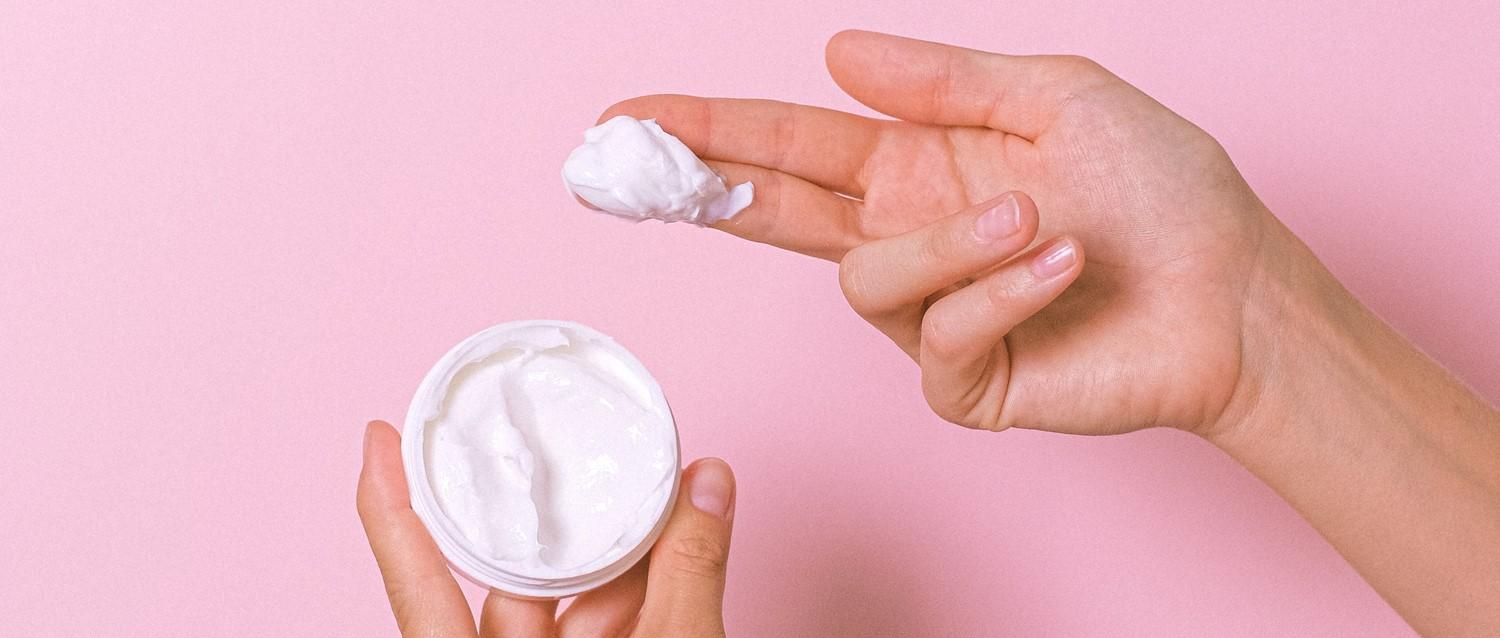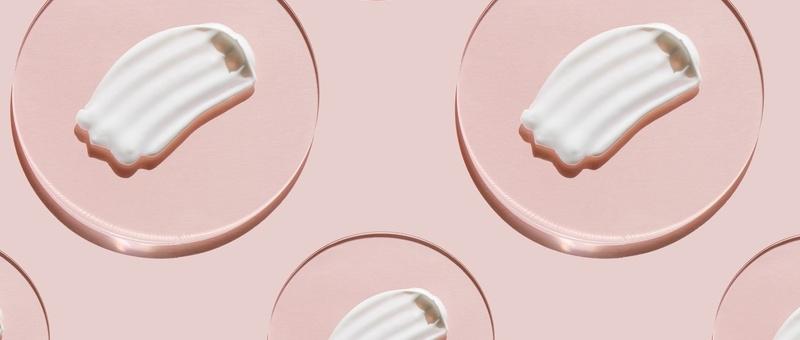
The scar cream ingredients to look out for
Peer reviewed by Dr Colin Tidy, MRCGPLast updated by Lynn StephenLast updated 17 Aug 2025
Meets Patient’s editorial guidelines
- DownloadDownload
- Share
- Language
- Discussion
There are many scar treatment options, but they are often expensive. Scar creams are by far the most cost-effective option, but which scar cream ingredients should you look out for?
In this article:
Video picks for Skincare
Continue reading below
A part of healing
No matter if its acne scarring, stretch marks, post-surgical marks, burns, or something else, unwanted scars can often make us self-conscious. But scars are an essential part of recovery from a skin wound.
"A scar is part of the body's natural healing process,” explains consultant dermatologist Dr Simon Zokaie. "It develops when tissue is damaged, causing collagen - a protein - to be released to help the tissue heal. Then it continues forming and the blood supply increases, thus causing the scar to become raised."
Over time, our scars usually fade after the excess collagen breaks down and the blood supply returns to normal. But we still may use various scar removal methods, to help reduce the visibility of scars.
Examples include laser treatment and micro-needling, although these methods tend to come with a premium price tag. Scar cream is the most cost-effective and convenient option.
What is scar removal cream?
Back to contents"A scar cream often contains ingredients that help to soften the skin and hydrate it, which can help to reduce the appearance of scar texture and redness," says Dr Zokaie.
Some creams also contain ingredients that reduce collagen production, which further helps to flatten and fade their appearance.
When it comes to rubbing lotions onto your scars, the main treatment involves these types of skin products:
Emollients and moisturisers - products that soften the skin and add moisture.
Silicone scar gel - can help reduce dark spots (hyperpigmentation) and elevation.
When people talk about scar cream, they could be referring to a moisturiser or gel-based product specifically designed for scars. Let's take a look at the most popular scar cream ingredients and how well they work.
Continue reading below
Does silicone cream work on scars?
Back to contentsMany experts regard silicone as the most effective when it comes to scar cream ingredients. While really deep scars tend to respond better to alternative therapies like laser, dermabrasion, and chemical peels, silicone gels are the best scar cream option for punctures that penetrate several skin layers - such as ice pick scars.
'Silicone gels can help to reduce scarring by increasing the hydration of the top layer of the dermis - your second layer of skin. Some studies have suggested that they can also help to regulate the fibroblast production of collagen, which results in softer, flatter skin," Dr Zokaie explains.
Do plant-extracts work on scars - allantoin and onion extract?
Back to contentsAllantoin and onion extract - both naturally found in plants - feature in many scar gels. Their skin hydrating, softening, and anti-inflammatory properties support scar healing, and like silicone they can stimulate collagen production and make scarred skin smoother in texture.
Evidence suggests that silicone is the more effective scar ingredient, but there's no reason you can't use these ingredients together. In fact, this combination is found in many effective scar creams or gels and also patches and sheets.
Continue reading below
Does salicylic acid work on scars?
Back to contentsSalicylic acid is a skin peeling agent that sheds dead skin cells from your outermost layer of skin. Not only can it treat acne scars by reducing swelling and redness, but it can also be an effective acne treatment.
Can vitamin A remove scars?
Back to contentsRetinoids are derived from vitamin A and are a popular element in scar creams. Like salicylic acid, retinoids also promote skin cell turnover and therefore work as both an acne treatment and acne scar treatment. Adapalene is a popular third-generation retinoid which has proven effective in reducing the appearance of scars.
Can vitamin E cream remove scars?
Back to contentsVitamin E is often used as a moisturiser to treat dry skin and minor irritations, such as itchiness and rashes. This has led to some people using it on their scars.
"Vitamin E is often regarded as a good ingredient to apply topically,” says Dr Zokaie. "However, studies are inconclusive as to whether or not it actually helps to reduce or treat scars."
One study1 not only found this ingredient to be ineffective at reducing scar visibility, but also that it can make some scars appear worse or be a trigger for eczema in some people. For this reason, using a vitamin E based scar cream on surgical scar wounds is discouraged.
Is E45 cream good for scars?
Back to contentsThe NHS recommends E45 cream as a good non-perfumed moisturiser for scars. While not a scar cream with tailored ingredients for scar healing, as a moisturiser E45 cream can be an important step in your scar treatment routine, to use as either an emollient wash cream and a moisturising cream before you apply your specialist scar cream.
Which cream is best for acne scars?
There are many types of acne scar treatments, including various creams on the market. Many studies have found that adapalene-based scar creams work well on people with moderate to severe atrophic acne scars.
Which cream is best for surgery scars?
Silicone-based gels are the best choice for deep scar wounds such as surgery scars.
As they're frequently recommended by experts to treat all types of scars, there are various other popular silicone products you can use, including sheets that you apply over scars and leave on for a set time.
How to use scar cream
Back to contentsYou can't use scar creams once in a while and expect to see significant results. To be effective, you must be dedicated to massaging your scar every morning and evening, or as your scar cream instructs. You also need to think long-term to get the best results. For example, silicone gels should be used continuously for at least three months.
How soon after surgery can I use scar cream?
If you have a surgical scar, it can be important to give your wound time to heal by itself before using creams.
Further reading
Back to contentsPatient picks for Skincare

Cancer
Your essential skin cancer checklist
Skin cancer can kill you, so it's essential to know the signs and get any suspicious skin changes checked out quickly. Here we show what to look for and what to do to try and prevent it happening.
by Victoria Raw

Skin, nail and hair health
Does Bio-Oil work on stretch marks?
Bio-Oil is a brand name for a skincare Oil that is said to help improve the appearance of scars, stretch marks, and uneven skin tone. The beauty industry is saturated with products claiming to get rid of stretch marks and wrinkles. We look at whether Bio-Oil does what it claims.
by Victoria Raw
Continue reading below
Article history
The information on this page is peer reviewed by qualified clinicians.
Next review due: 17 Aug 2028
17 Aug 2025 | Latest version
17 Nov 2022 | Originally published
Authored by:
Amberley Davis

Ask, share, connect.
Browse discussions, ask questions, and share experiences across hundreds of health topics.

Feeling unwell?
Assess your symptoms online for free
Sign up to the Patient newsletter
Your weekly dose of clear, trustworthy health advice - written to help you feel informed, confident and in control.
By subscribing you accept our Privacy Policy. You can unsubscribe at any time. We never sell your data.